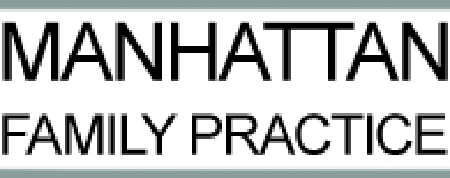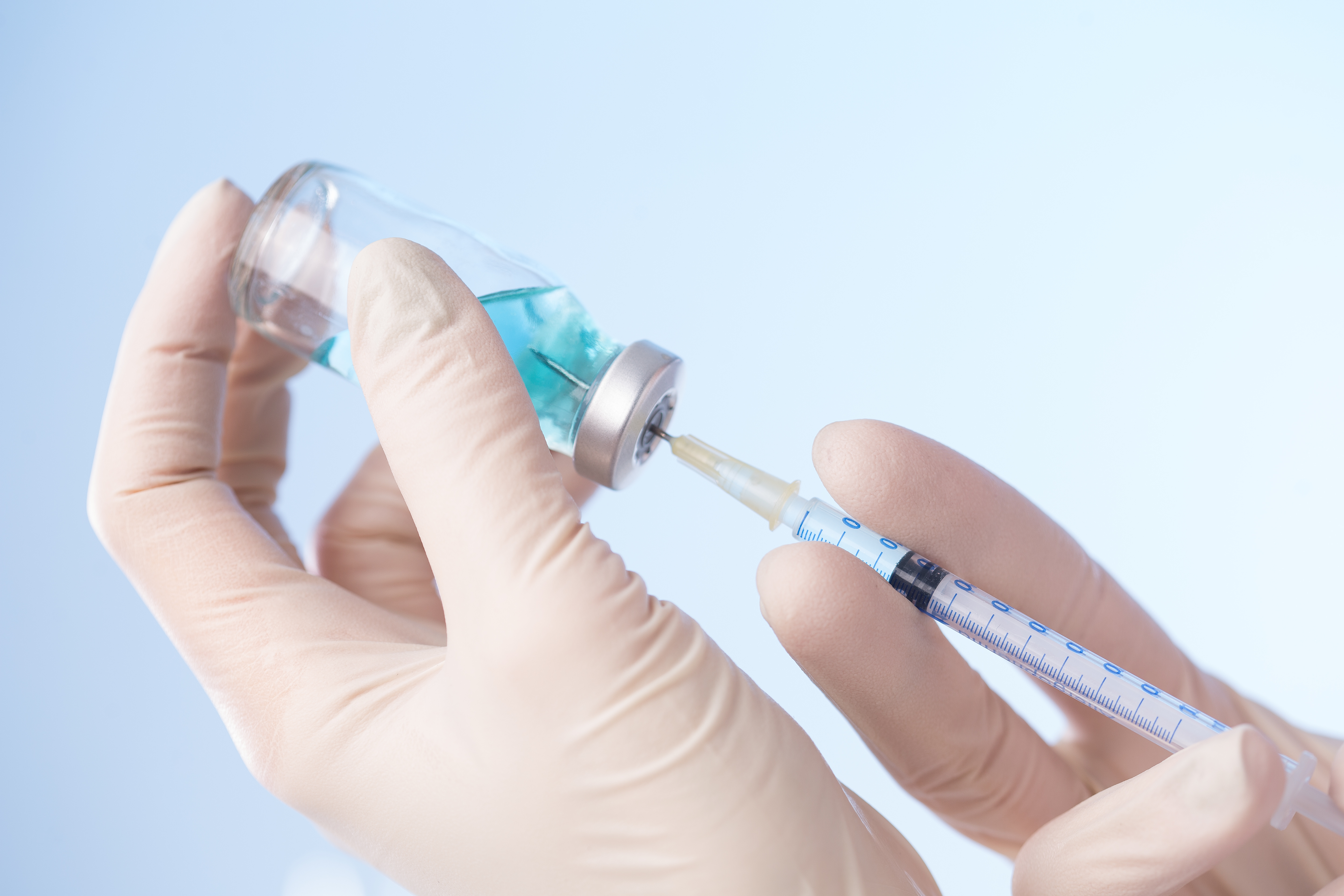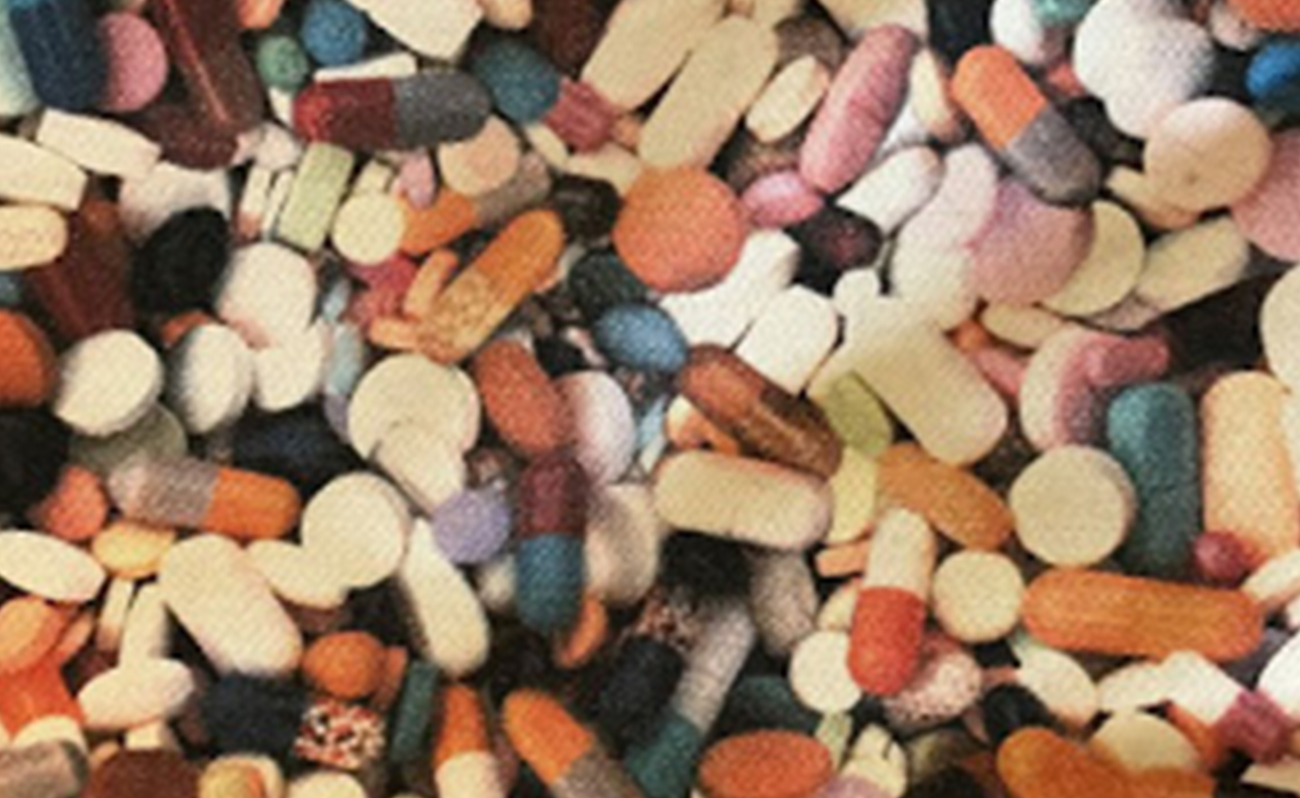
Staying Safe and Accident-free in Your Home
 With all this concern about contracting the Coronavirus and staying indoors, many of us forget about all the other things that can hurt us. Thousands of accidents happen every year in the home a
With all this concern about contracting the Coronavirus and staying indoors, many of us forget about all the other things that can hurt us. Thousands of accidents happen every year in the home a
nd when people are just going about their normal everyday life. Rushing to get dinner on the table means you are more likely to burn yourself from the oven or stove, cut yourself with that sharp knife or trip over while rushing to pick up the phone on the other side of the room.
Nobody wants to end up in an Emergency Room especially now during these challenging conditions. Requiring stitches or urgent care CAN be avoidable if we are MINDFUL when tackling everyday chores around the house.
Along with keeping a clean, hygienic home, washing your hands and airing your home regularly, here are some things to bear in mind as you go about your normal day:
-
- Remove all unnecessary obstacles around the house and free up the flow to avoid trips and falls. That includes all the children’s and pet’s toys lying around!
- Keep your home well lit so you can see where you are going. Wear rubber soles so you don’t slip on slippery surfaces.
- Be extra careful around the stove and oven, wearing protective oven gloves before touching hot surfaces.
- Don’t keep pans on the stove unattended too long and the same for candles too. Make sure you have a fire blanket or fire extinguisher somewhere in the house for any small fires that ignite unexpectedly
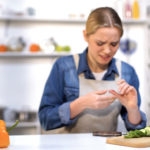
- While using sharp knives, do not get distracted and go slower. You have a dangerous weapon in your hand and that avocado can be really hard to slice expertly so be extra careful.
- Try to avoid things falling on top of you! A patient broke their toe because the cutting board fell on their foot and another had a jar fall on her head from an overfilled cupboard.
- Keep medicines and poisonous items away from young children. It’s amazing how curious kids are and how dexterous! They are in your utility closets before you can blink and that bleach looks just like milk.
- Suffocation is also a huge risk. The plastic bags that we are no longer allowed to use can still be perilous around children. Keep them well hidden if not recycled
A few ideas on what to keep in your home apart from a good First Aid kit:
-
- Gas and carbon monoxide detectors
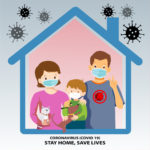
- Fire Extinguisher or fire blanket
- Burn ointment such as Silver Sulfadiazine
- Steri-strips and Bandaids
- Tylenol pain killerst
- Bandages
- Thermometers
- Spare batteries for important devices
- Eye Wash
- Ice Packs
- Gas and carbon monoxide detectors
And remember to check in with your elderly family members and neighbors who could be needing your help.
Stay SA
FE everyone and be very MINDFUL and CAREFUL in your homes.
More information can be found on these useful sites:
